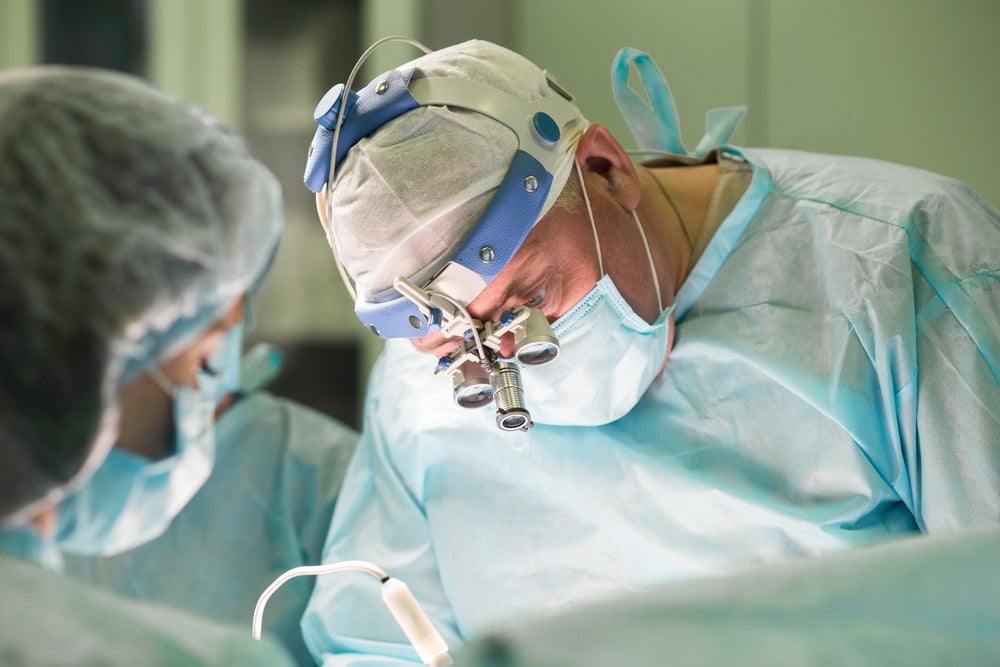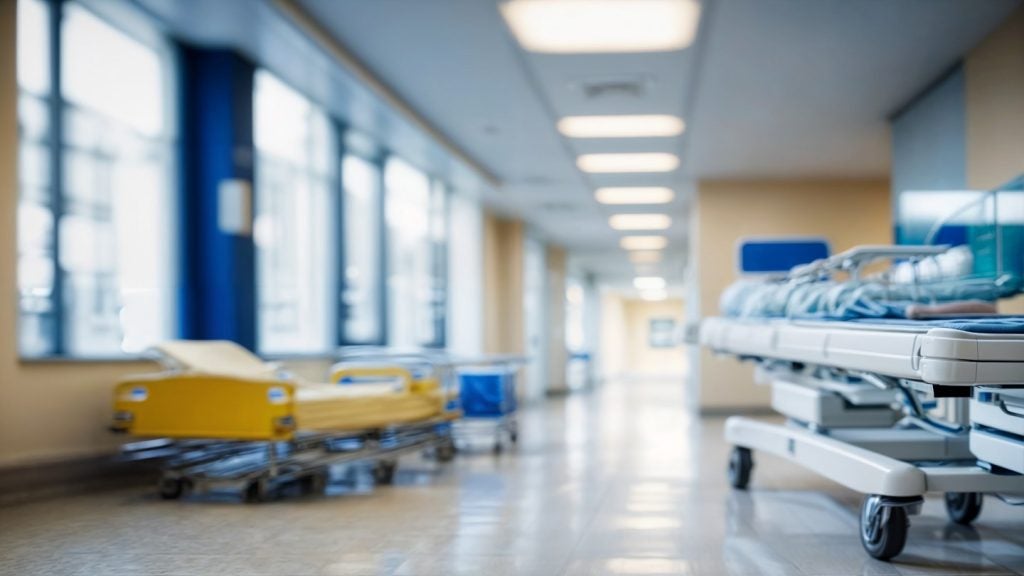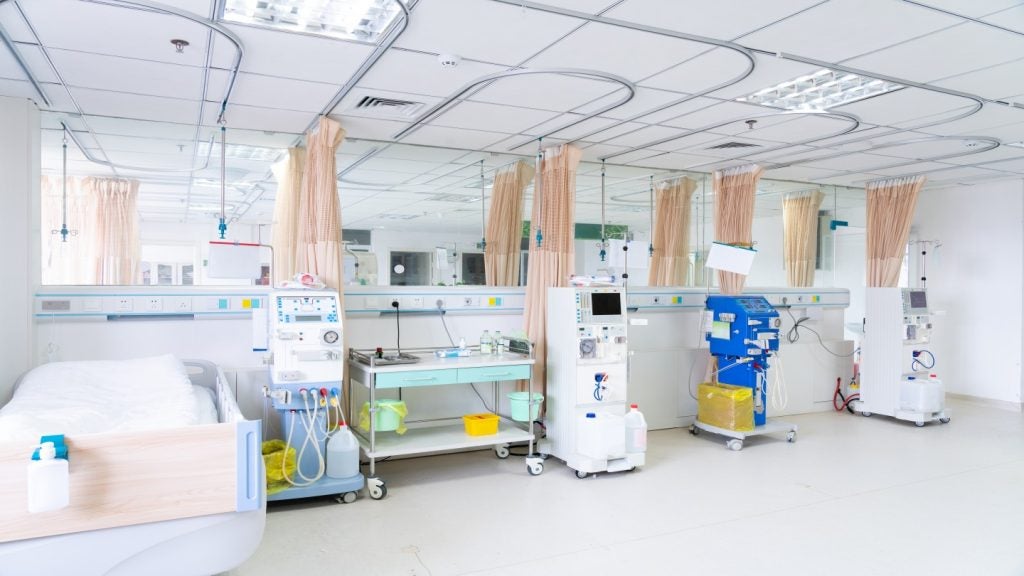
Two Canadian hospitals have launched a trial scheme using photodisinfection methods in hopes of staying ahead of the looming threat of anti-microbial resistance.
The two Quebc-based hospitals have begun to pilot the use of equipment that uses light to kill bacteria and other pathogens, aimed at improving the outcomes of post-surgical patients by ensuring a lower chance of infection, whilst not relying on antibiotics.
Alternative methods of eradicating pathogens without the use of antibiotics has been a keen field of study for many healthcare groups and professionals given the rising possibility of over-use leading to the development of antibiotic-resistant infections growing more and more with their continued use.
Surgical site infections (SSIs) are serious complications that can occur following surgery and are made worse by the growing resistance to antibiotics. Certain types of infection, such as deep sternal infections can increase a patient’s mortality risk significantly.
Both hospitals, Montreal Heart Institute and the Hôpital Fleurimont, will be utilising the Steriwave nasal photodisinfection treatment, developed by Canadian life sciences company Ondine Biomedical. The device will be trialed for use in evaluating patient outcomes following elective cardiac surgical procedures and spine surgeries respectively.
A previous trial of the device at Ottawa Hospital found that the device resulted in a 48% shorter mean length of stay among those treated compared with those not treated. It also was found to have caused 51% fewer readmissions as well as 33% fewer instances of patients returning to the emergency department.
The method works, firstly by swabbing the nose with a photo-sensitive fluid that binds pathogens in the nasal passages before a proprietary light is inserted that kills the potential pathogens.
Ondine Biomedical’s CEO Carolyn Cross said: “We are very pleased to be working with the Montreal Heart Institute, an innovation leader in cardiac research and care.
“For patients, preventing a post-surgical infection can be the difference between life and death. With its immediate, broad-spectrum efficacy—including against extensively drug-resistant (XDR) bacteria, the novel coronavirus, and the emerging fungal threat, Candida auris—without generating resistance, we believe that pre-surgical use of Steriwave can become the new standard of care for improved protection against serious post-surgical multi-drug resistant infections.”








